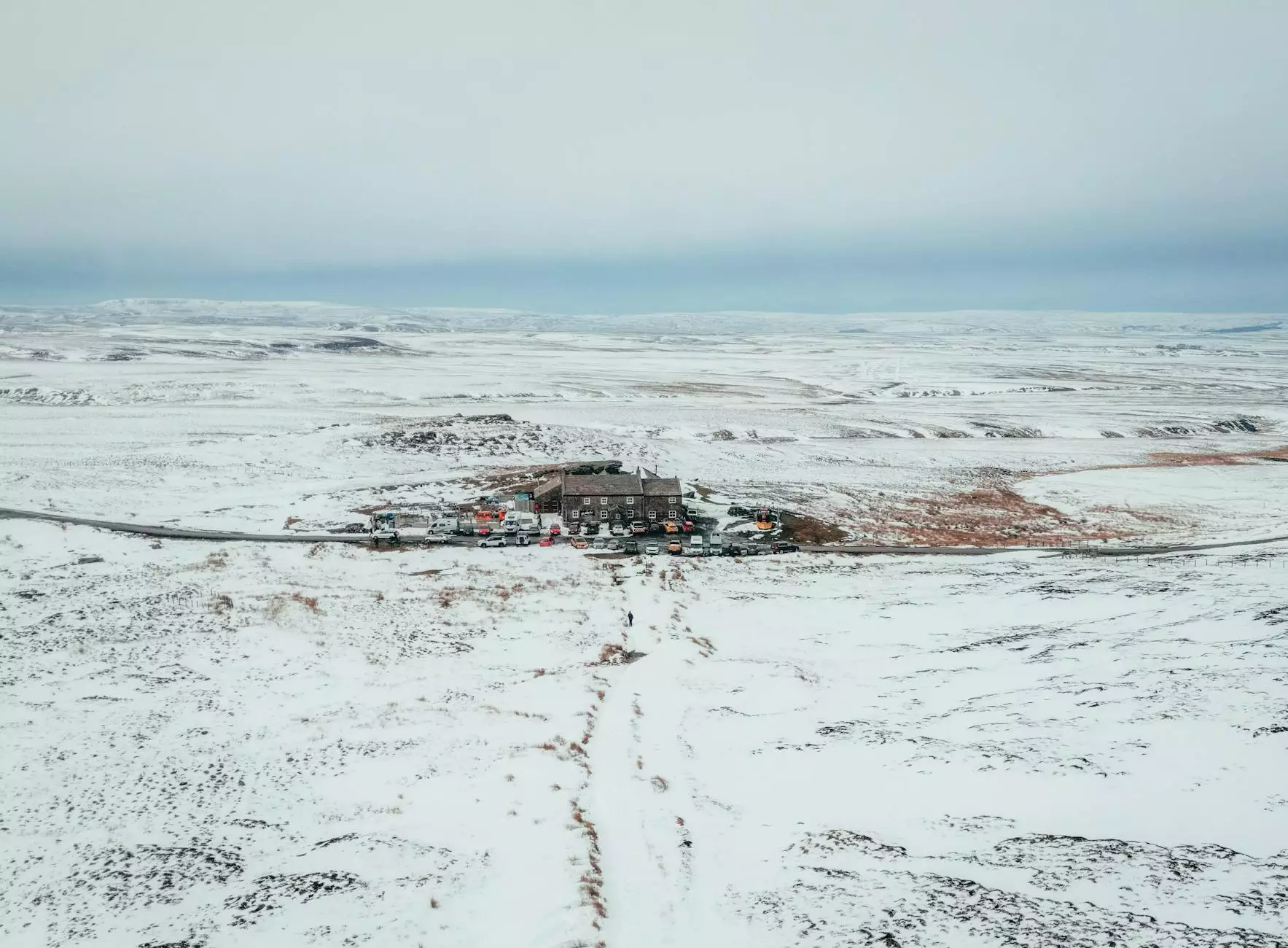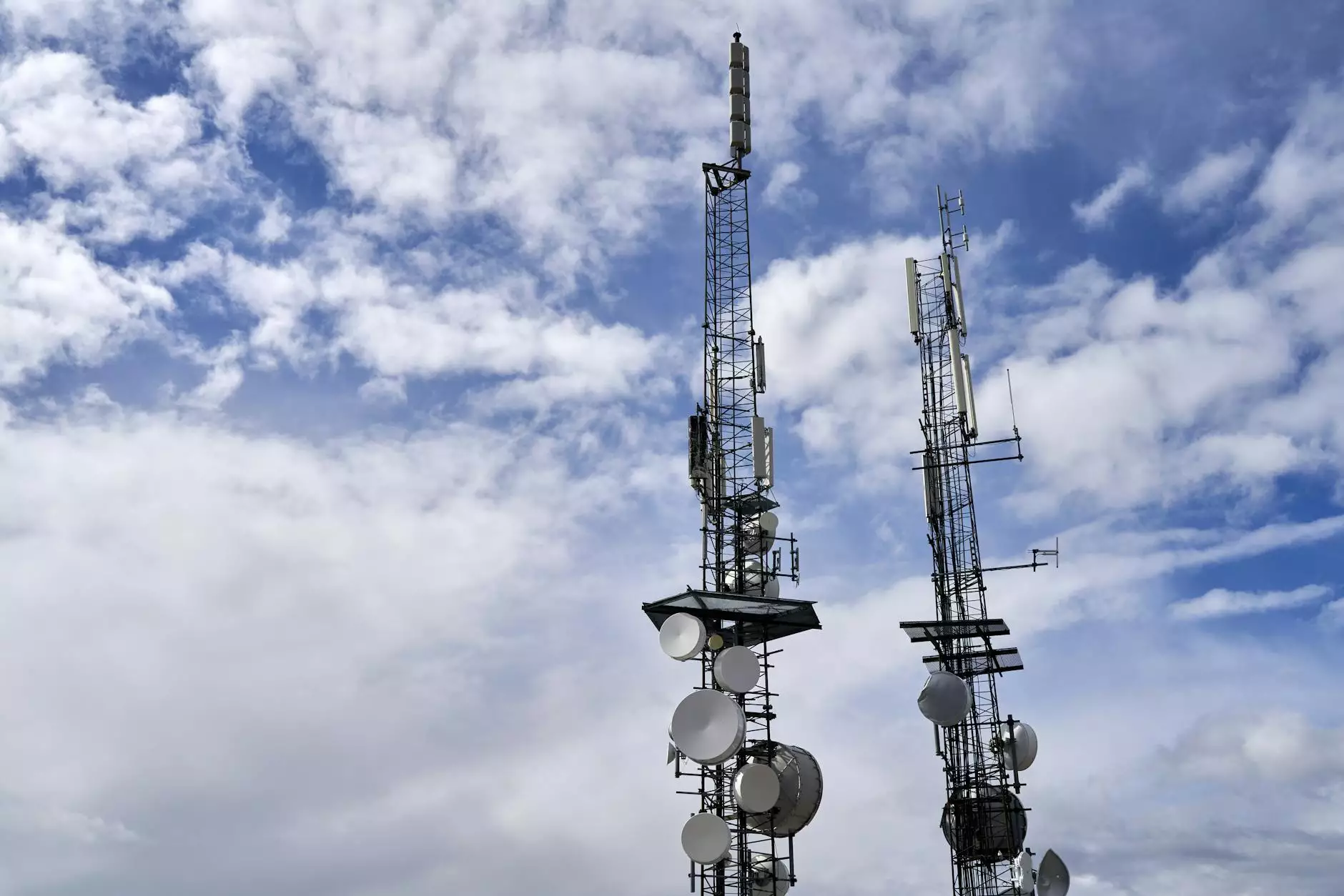The Future of Agriculture: Unleashing the Power of Agro Drones

In recent years, the agricultural sector has witnessed a significant evolution, primarily driven by technological advancements. One of the most transformative technologies making waves in the industry is the agro drone. These innovative unmanned aerial vehicles (UAVs) are rapidly changing the landscape of farming, offering new solutions that enhance efficiency, accuracy, and productivity. In this article, we will explore the multifaceted world of agro drones, their applications, benefits, and the future they promise for the agriculture industry.
Understanding Agro Drones
Agro drones are specialized drones designed to assist in various agricultural tasks. They are equipped with advanced sensors, imaging technologies, and data analytics capabilities. Unlike traditional farming methods that can be labor-intensive and time-consuming, agro drones deliver precise and timely information directly to farmers.
Types of Agro Drones
- Multi-Rotor Drones: These drones are known for their stability and versatility. They are commonly used for crop monitoring, spraying pesticides, and other precision farming applications.
- Fixed-Wing Drones: Ideal for covering larger areas, fixed-wing drones are used for mapping and surveying vast agricultural landscapes.
- Hybrid Drones: Combining the features of both multi-rotor and fixed-wing drones, these hybrids offer increased flight time and operational flexibility.
Applications of Agro Drones
The applications of agro drones in modern agriculture are extensive, making them an invaluable tool for farmers seeking efficiency and sustainability. Here are some key applications:
1. Crop Monitoring and Analysis
With high-resolution cameras and sensors, agro drones can capture detailed images of crops. This data helps farmers monitor plant health, assess crop yields, and identify areas needing attention. Early detection of issues like disease or pest infestations can prevent significant crop losses.
2. Precision Agriculture
Agro drones play a crucial role in precision agriculture. By utilizing the data collected from drone flights, farmers can apply fertilizers, pesticides, and water more effectively and precisely, reducing waste and environmental impact while optimizing crop production.
3. Soil Analysis and Mapping
Before planting, understanding soil quality is essential. Agro drones can conduct aerial surveys to analyze soil conditions, helping farmers make informed decisions about crop selection and location.
4. Irrigation Management
Using thermal imaging capabilities, agro drones can identify areas of the field that require irrigation. This information allows farmers to conserve water, a crucial resource in many agricultural regions.
5. Livestock Monitoring
Not only limited to crops, agro drones can also be used for monitoring livestock. They can track herd movement, health, and pasture conditions, thereby enhancing overall farm management.
Benefits of Using Agro Drones
The integration of agro drones into farming practices offers numerous benefits:
1. Increased Efficiency
Agro drones can cover large areas quickly, significantly speeding up the data collection process compared to manual methods. This efficiency allows farmers to make quicker decisions, ultimately boosting productivity.
2. Cost-Effectiveness
While initial investment costs may be high, the long-term savings from reduced labor, less wastage of inputs, and improved yield quality can lead to significant cost reductions.
3. Enhanced Data Collection
The data provided by agro drones is comprehensive and precise, offering valuable insights that can drive agricultural practices. This data can be analyzed for actionable insights, improving overall farm management.
4. Environmental Sustainability
By promoting precise application of resources such as fertilizers and water, agro drones help minimize environmental impacts, supporting sustainable farming practices that are essential in today’s ecological climate.
5. Improved Crop Health
Regular monitoring and timely interventions enabled by agro drones can lead to healthier crops, higher yields, and reduced reliance on chemical treatments, promoting a more organic approach to farming.
Challenges and Considerations
Despite their promising benefits, the adoption of agro drones comes with challenges that farmers must address:
- Regulatory Issues: The use of drones in agriculture is subject to regulations that may vary by region. Farmers need to stay informed about legal requirements related to UAV operations.
- Initial Investment: The cost of purchasing and maintaining a drone can be a barrier for some farmers. However, financing options and cooperative models can help mitigate this challenge.
- Technical Expertise: Farmers may require training to operate drones effectively and to analyze the data gathered. Investing in training and education is crucial for maximizing the benefits of agro drones.
Future of Agro Drones in Agriculture
Innovations on the Horizon
The future of agro drones in agriculture looks bright, with ongoing innovations that promise to enhance their capabilities:
- AI and Machine Learning: The integration of artificial intelligence will enable drones to analyze data autonomously, allowing for even more precise actions and recommendations.
- Improved Battery Life: Advances in drone battery technology will extend flight times, enabling longer surveys and more extensive coverage without the need for frequent recharges.
- Autonomous Drones: Fully autonomous drones that can conduct agricultural operations without human intervention are on the rise, which will streamline farming processes even further.
Global Trends and Market Growth
The global market for agro drones is expected to grow significantly in the coming years. With more farmers recognizing the value these technologies bring, the adoption rate will continue to rise. Countries like the United States, Brazil, China, and India are leading the charge, investing in drone technology to enhance agricultural output.
Conclusion: Embracing the Agro Drone Revolution
As the agricultural sector faces challenges such as climate change, population growth, and resource scarcity, the emergence of agro drones presents a revolutionary solution. By enhancing efficiency, promoting sustainability, and providing valuable data, agro drones are reshaping the way farmers approach their craft.
Farmers who adopt this cutting-edge technology stand to gain significant advantages, not only improving their productivity but also contributing to a more sustainable and resilient agricultural future. As we look ahead, it is clear that the integration of agro drones into farming practices is not just a trend but a fundamental shift that will define the future of agriculture.
For more information on how agro drones can benefit your farming practices, visit A-Drones.com.









